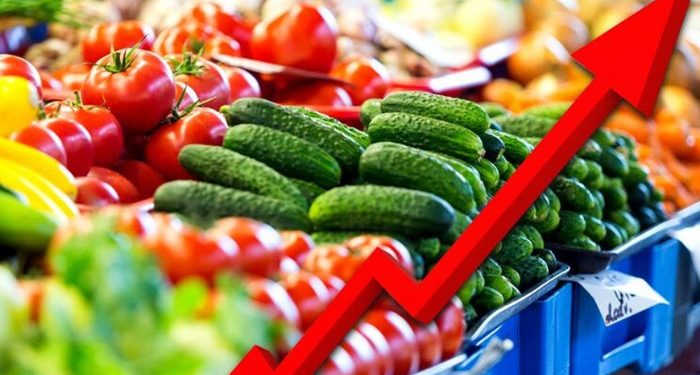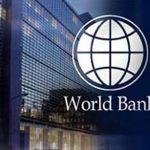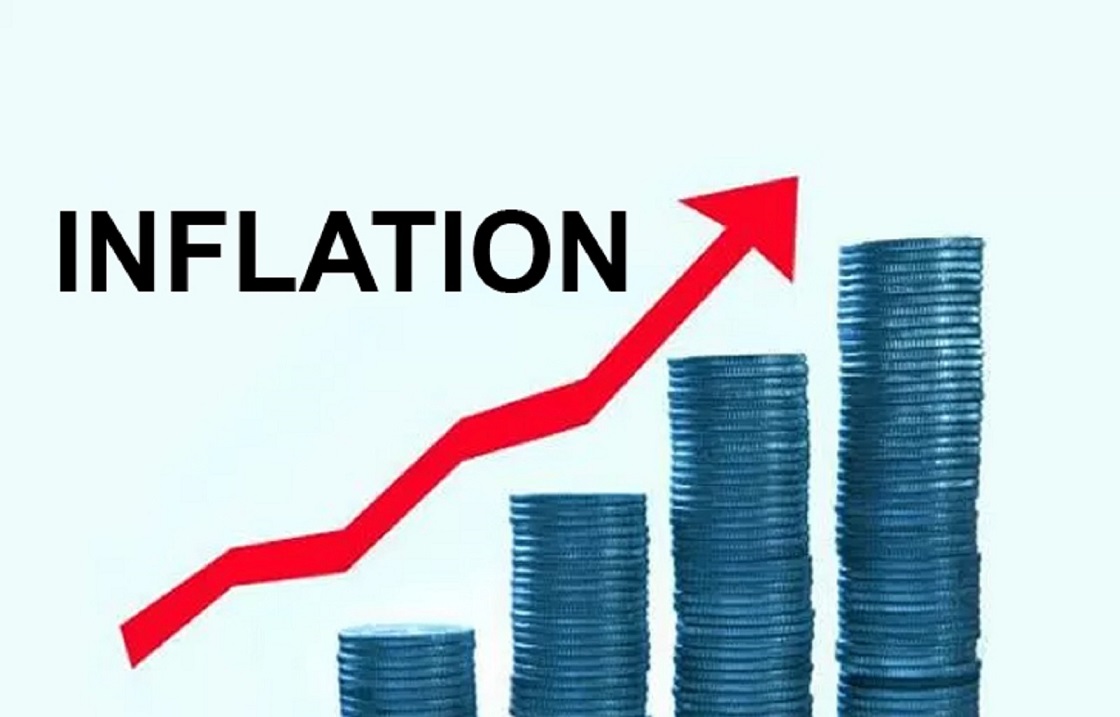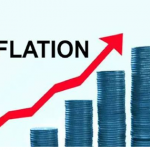Nigeria’s headline inflation rate fell to 24.48% in January 2025, following a rebasing of the Consumer Price Index (CPI), according to data from the National Bureau of Statistics (NBS). The new methodology significantly lowered the reported inflation from 34.80% in December 2024, offering a revised picture of price movements in the country.
The Statistician-General of the Federation, Adeyemi Adeniran, announced the rebased figures on Tuesday, emphasizing that the updated CPI better reflects current consumer spending patterns and economic conditions. According to the NBS report, urban inflation stood at 26.09%, while rural inflation was recorded at 22.15%.
The rebasing process involved updating the reference year and adjusting the basket of goods and services used to measure inflation. Adeniran explained that this modification ensures the inflation index is more representative of Nigeria’s evolving economy and shifting consumer behaviors.
Under the rebased system, food inflation stood at 26.08% year-on-year in January 2025, down from the 39.84% recorded in December 2024 under the previous methodology. Given that food expenses account for a significant share of household budgets, this decline offers some relief, though prices remain high.
Core inflation, which excludes volatile food and energy prices, was reported at 22.59% in January, indicating that inflationary pressures in non-food sectors have also eased.
The NBS described the CPI rebasing as a crucial step toward ensuring inflation data remains relevant and reflective of real economic trends. The previous base year did not adequately capture changes in consumer habits, emerging markets, and shifts in expenditure patterns.
While the adjusted inflation figures suggest a slowdown in price increases, economists caution that this does not immediately translate into lower costs of living. Many businesses and households continue to struggle with elevated prices despite the slower rate of inflation growth.
The government’s policy responses—ranging from monetary tightening by the Central Bank of Nigeria (CBN) to fiscal interventions aimed at stabilizing prices—will be key in determining inflation trends in the coming months. Exchange rate stability, interest rate adjustments, and broader economic policies will also shape how inflation affects businesses and consumers moving forward.










